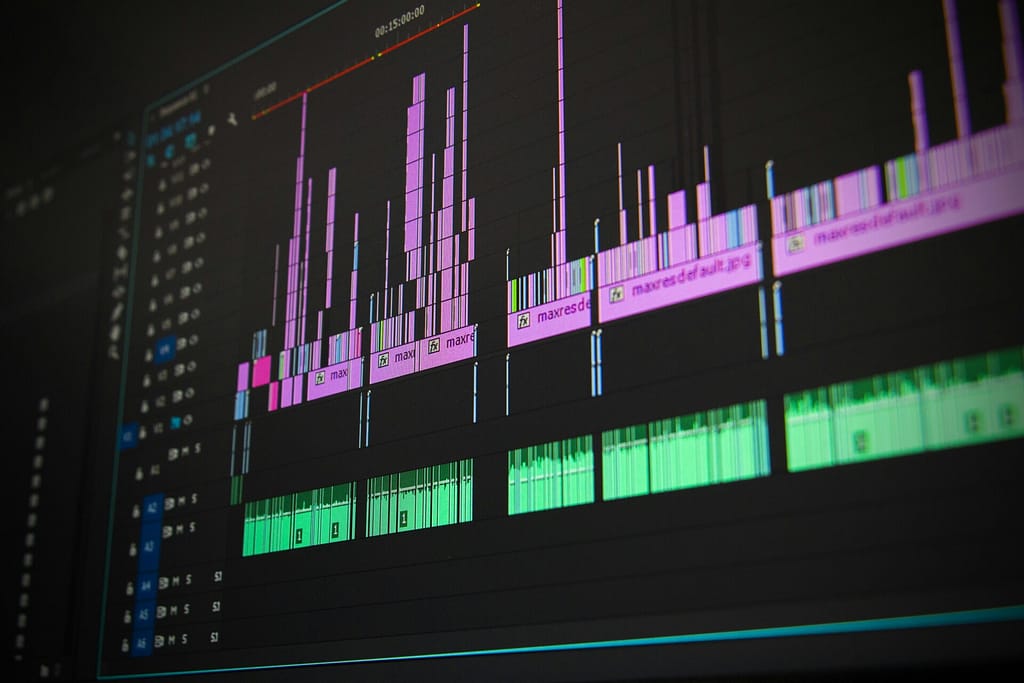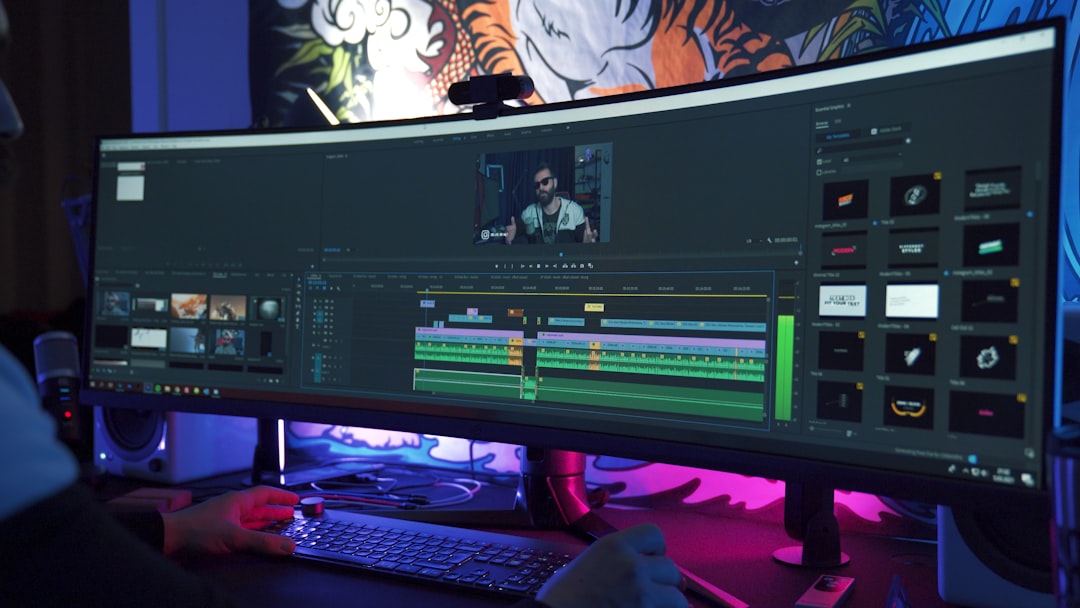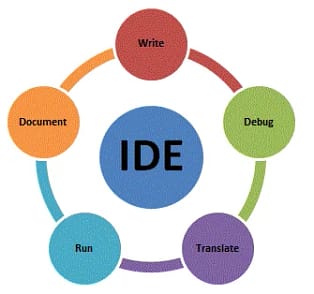Have you ever wondered about the vast world of game development?
Game development is an exciting field that allows creators to bring their imaginations to life through interactive experiences. It involves a unique blend of artistry, technology, and storytelling to craft engaging worlds for players to explore.
In the realm of game development, creativity knows no bounds. From indie developers working on passion projects to large studios creating blockbuster titles, there is a place for everyone to contribute their unique vision and skills.
Embrace the challenges and triumphs that come with game development. Every line of code, every pixel rendered, and every gameplay mechanic crafted brings you one step closer to realizing your vision and captivating audiences around the world.
If you Wanna know more about this topic then we will recommend you check out this page..
In this guide, we will explore the expansive scope of game development, from the initial idea to the final product, and the various roles and responsibilities involved in the process.
The Game Development Process
The game development process can be broken down into several stages, each with its own set of tasks and goals. While the exact process may vary depending on the project, the following are the general stages of game development:
Concept and Pre-Production

The first stage of game development is the concept and pre-production phase. This is where the initial idea for the game is formed, and the team begins to flesh out the details.
During this stage, the team will conduct market research, create a game design document, and develop a prototype to test the core mechanics of the game. This stage is crucial as it sets the foundation for the rest of the development process.
Production
The production stage is where the bulk of the work takes place. This is when the game is actually built, and all the assets are created. The team will work on coding, creating art and animations, designing levels, and implementing sound and music.
This stage can take anywhere from several months to a few years, depending on the scope and complexity of the game.
Testing and Quality Assurance
Once the game is built, it goes through a rigorous testing and quality assurance process. This involves identifying and fixing any bugs or glitches, balancing gameplay, and ensuring the game runs smoothly on different platforms.
Testing and quality assurance are crucial to ensure a high-quality and enjoyable gaming experience for players.
Launch and Post-Release Support
The final stage of game development is the launch and post-release support. This is when the game is released to the public, and the team continues to provide updates and support to keep the game running smoothly.
Roles and Responsibilities in Game Development
Game development involves a diverse range of roles and responsibilities, each with its own set of skills and expertise. The following are some of the key roles involved in the game development process:
Game Designer
The game designer is responsible for creating the overall vision and concept for the game. They work closely with the development team to ensure that the game mechanics, story, and overall design align with the vision for the game.
Programmer
The programmer is responsible for writing the code that brings the game to life. They work closely with the game designer to implement the game mechanics and ensure that the game runs smoothly.
Artist
The artist is responsible for creating the visual elements of the game, including character designs, environments, and animations. They work closely with the game designer to ensure that the art style aligns with the overall vision for the game.
Sound Designer
The sound designer is responsible for creating the audio elements of the game, including sound effects and music. They work closely with the game designer to ensure that the sound enhances the overall gaming experience.

Quality Assurance Tester
The quality assurance tester is responsible for identifying and reporting any bugs or glitches in the game. They play a crucial role in ensuring that the game runs smoothly and is free of any technical issues.
The Importance of Collaboration in Game Development
Game development is a highly collaborative process that requires effective communication and teamwork. Each member of the development team plays a crucial role in bringing the game to life, and their contributions are essential to the success of the project.
Collaboration is especially important between the game designer and the rest of the team. The game designer must effectively communicate their vision and work closely with the team to ensure that the game meets their expectations.
The Role of Technology in Game Development
Technology plays a significant role in game development, from the tools used to create the game to the platforms on which it is played. The following are some of the key technologies used in game development:
Game Engines
Game engines are software platforms that provide developers with the tools and resources to create games. Some popular game engines include Unity, Unreal Engine, and CryEngine.
3D Modeling and Animation Software
3D modeling and animation software are used to create the visual elements of the game. Some popular software includes Maya, 3ds Max, and Blender.
Sound and Music Software
Sound and music software are used to create the audio elements of the game. Some popular software includes Pro Tools, Logic Pro, and FL Studio.
The Future of Game Development
The world of game development is constantly evolving, with new technologies and trends emerging all the time. The following are some of the key trends that are shaping the future of game development:
Virtual and Augmented Reality
Virtual and augmented reality are becoming increasingly popular in the gaming industry. These technologies allow players to immerse themselves in the game and interact with the virtual world in a whole new way.
Mobile Gaming
Mobile gaming has exploded in popularity in recent years, with more and more people turning to their smartphones and tablets for gaming. This trend is expected to continue, with mobile gaming projected to generate over $100 billion in revenue by 2021.
Cross-Platform Gaming
Cross-platform gaming allows players to play the same game on different devices, such as a console, PC, or mobile device. This trend is becoming increasingly popular, as it allows players to seamlessly switch between devices and continue their game progress.
FAQS:
Here are some FAQS about the scope of game development given below:
What is the scope of game development?
The scope of game development includes all aspects of creating, designing, and testing a video game.
What are some key elements within the scope of game development?
Some key elements within the scope of game development include concept development, game design, programming, graphics, sound design, testing, and marketing.
How does the scope of game development differ from other software development processes?
The scope of game development often involves more complex graphics, sound design, and gameplay mechanics compared to other software development processes.
How important is understanding the scope of game development for aspiring game developers?
Understanding the scope of game development is crucial for aspiring game developers to effectively plan and execute their projects.
What are some potential challenges that can arise within the scope of game development?
Some potential challenges within the scope of game development include meeting deadlines, balancing gameplay mechanics, optimizing performance, and ensuring compatibility across different platforms.
Conclusion:
Game development is a complex and multifaceted process that requires a diverse range of skills and expertise. From concept to launch, each stage of game development is crucial to the success of the final product.
By understanding the various roles and responsibilities involved in game development and staying up-to-date with the latest technologies and trends, game developers can create immersive and engaging experiences that captivate players around the world.





